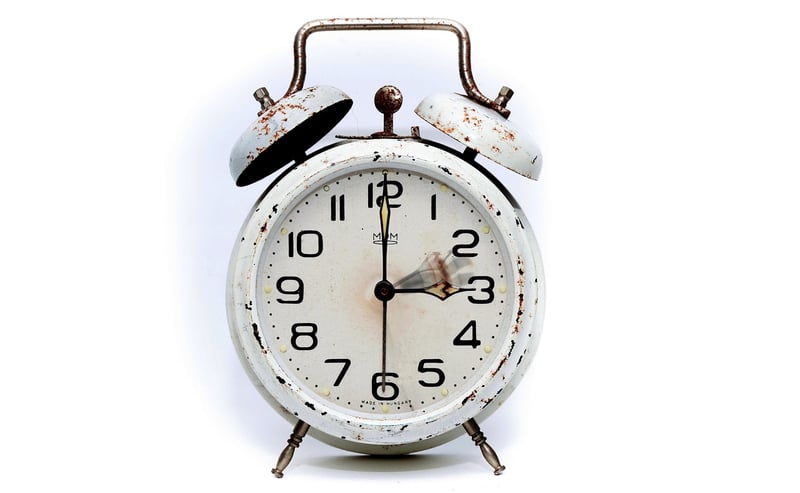Bootstrap Paradox
Exploring Time Conundrums: The Bootstrap Paradox
Time travel has been a popular topic in science fiction for decades, opening up a world of possibilities and paradoxes. One of the most intriguing concepts in time travel is the Bootstrap Paradox, also known as a causal loop.
What is the Bootstrap Paradox?
The Bootstrap Paradox is a theoretical paradox of time travel that occurs when an object or piece of information is sent back in time and becomes trapped in an infinite cause-effect loop with no point of origin. This means that the object or information has no clear beginning; it exists without being created.
Example of the Bootstrap Paradox:
Imagine a scenario where a scientist travels back in time and gives their past self the blueprint for a groundbreaking invention. The past self then builds the invention, patents it, and sends it back to the scientist in the future. In this loop, it's impossible to determine who originally created the invention, leading to a paradoxical situation.
Bootstrap Paradox in Popular Culture:
The Bootstrap Paradox has been featured in various films, TV shows, and books, captivating audiences with its mind-bending implications. One notable example is the movie "Predestination," where the protagonist experiences a series of events that form a Bootstrap Paradox.
Implications and Philosophical Considerations:
The Bootstrap Paradox raises questions about causality, free will, and the nature of time itself. It challenges our understanding of cause and effect, suggesting that events can be self-created without a clear origin. Philosophers and scientists continue to debate the implications of such paradoxes on our perception of reality.
Exploring Further:
If you're fascinated by time travel paradoxes like the Bootstrap Paradox, consider diving deeper into the world of theoretical physics and philosophy. Explore the works of renowned scientists and thinkers who have delved into the mysteries of time and causality.
For more information on time travel and related concepts, check out reputable sources such as Space.com and Scientific American.

